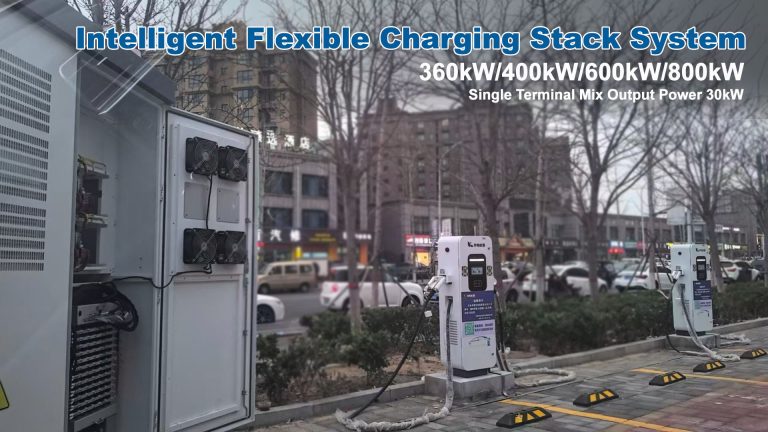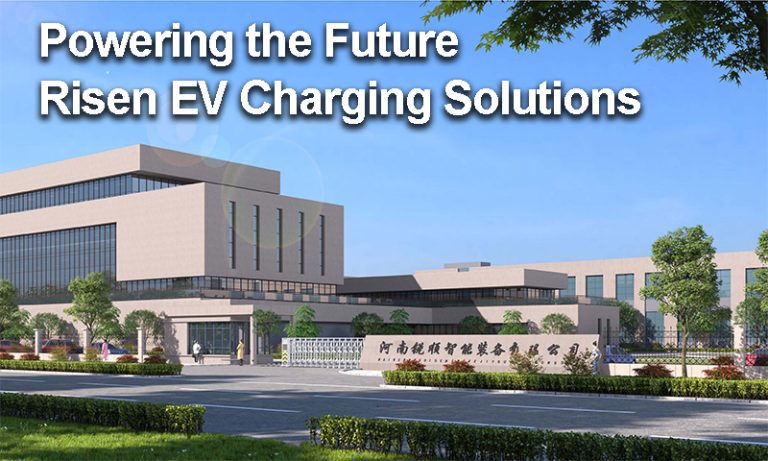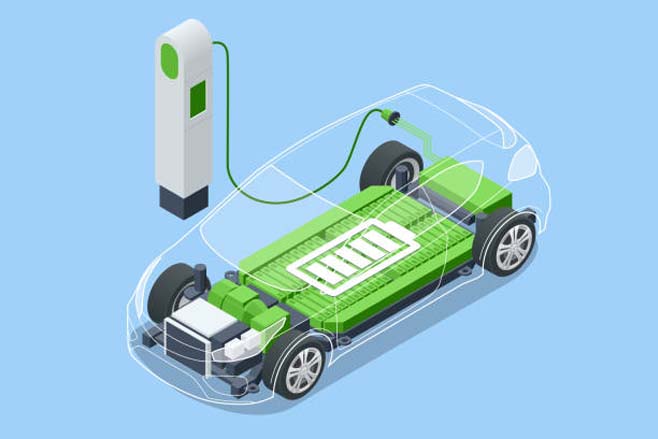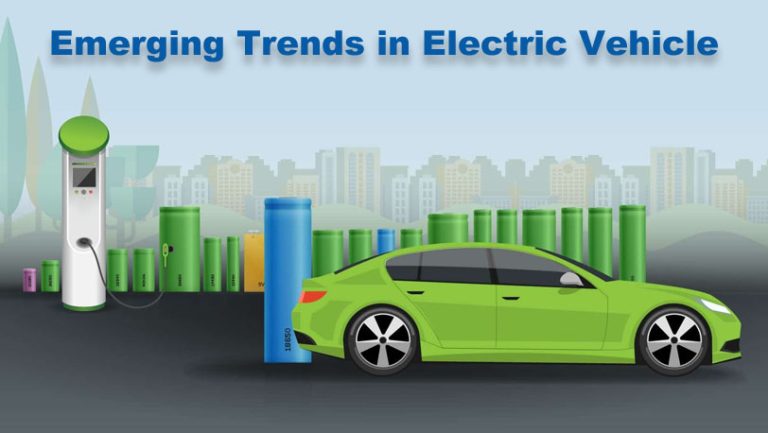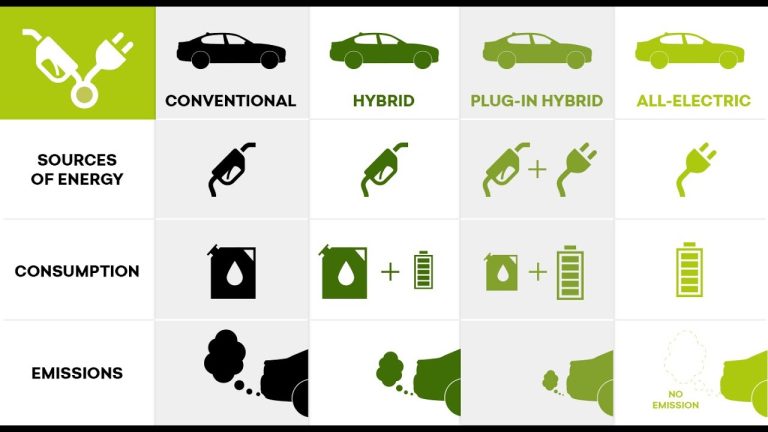EV charger connectors are the cables or plugs that connect the EV to the charging station. There are several types of EV charger connectors, each with its own characteristics and compatibility. In this article, we will take a closer look at the different types of EV charger connectors and their features.
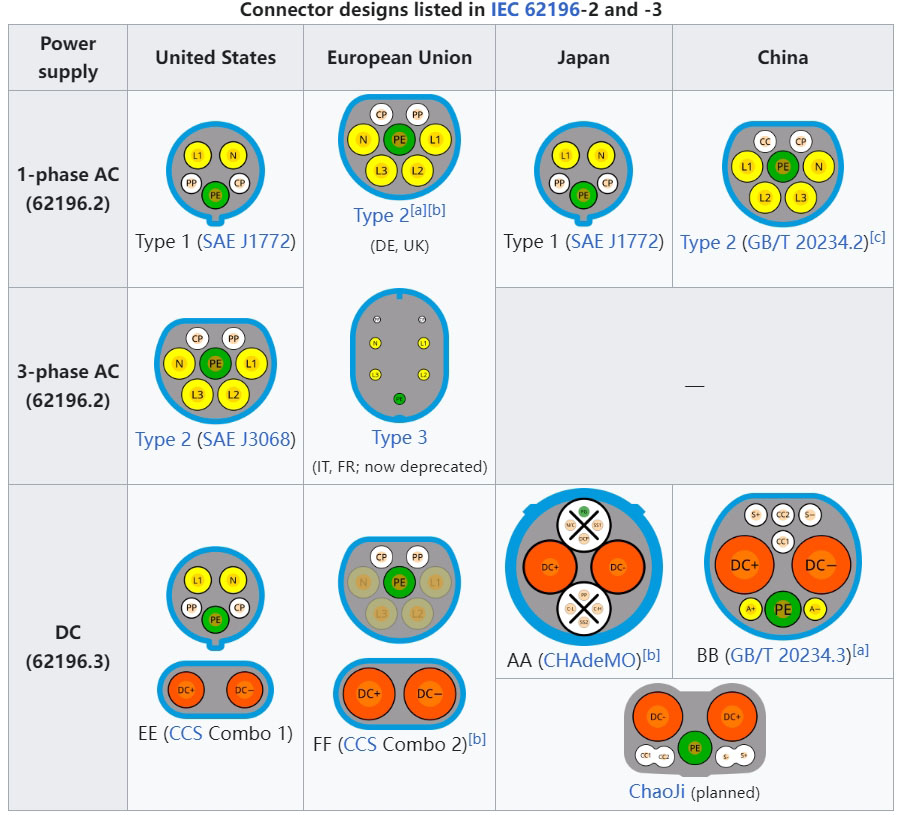
Type 1 Connector:
The Type 1 connector, also known as J1772, is one of the most common EV charger connectors in use today. It is a 5-pin connector with a locking mechanism to ensure the cable remains connected to the vehicle while charging. The Type 1 connector can be found on many electric and hybrid vehicles.
Type 2 Connector:
The Type 2 connector is also known as Mennekes, and it is widely used in Europe. It is a 7-pin connector with a locking mechanism and is compatible with both single-phase and three-phase AC charging. The Type 2 connector is slowly gaining popularity and is now supported by most electric vehicles.
CHAdeMO Connector:
The CHAdeMO connector is a DC connector found on many Japanese and Korean electric vehicles. It is a 2-pin connector that can handle up to 62.5 kW of power and is used mainly for fast charging. It is not compatible with AC charging stations.
CCS Combo Connector:
The CCS Combo connector is another DC connector that combines the Type 1 or Type 2 connector with two additional DC pins. This allows it to be used for both AC and DC charging. The CCS Combo connector can deliver up to 350 kW of power and is becoming more widespread in the United States.
EV charger connectors come in different types and are designed for specific charging needs. As electric vehicles continue to gain popularity, it is important to understand the different ev charger connector types available to ensure compatibility and efficient charging. It is recommended to check your EV's owners manual to determine which connector type is suitable for your car.


